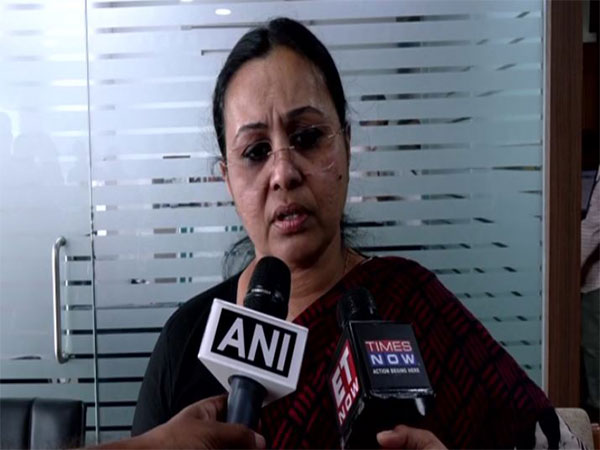Kerala Develops SOP for Rare Amoebic Meningoencephalitis Amid Rising Cases
Kerala Health Minister Veena George announced the state's development of a Standard Operating Procedure (SOP) for treating amoebic meningoencephalitis, a rare disease with no national SOP. Highlighting recent cases, she emphasized early diagnosis for better outcomes and confirmed ongoing research with ICMR.

- Country:
- India
Kerala has taken a significant step by developing a Standard Operating Procedure (SOP) for treating amoebic meningoencephalitis, a globally rare disease, announced Health Minister Veena George. This comes as the country lacks a specific SOP for such cases.
Speaking on the current situation, George noted that two children have been discharged and nine remain under treatment, with seven cases reported in Thiruvananthapuram. Tragically, the first reported case on July 21 resulted in a death two days later.
George assured that patients are stabilizing, stressing the importance of early diagnosis and appropriate treatment. The medicine provided by the Union government has aided this effort. The condition is not contagious and spreads through contact with contaminated water, particularly affecting people with sensitive nasal membranes or post-surgery conditions. A recent government meeting led by CM Pinarayi Vijayan urged citizens to avoid swimming in unclean water.
Top health officials attended a high-level meeting on July 2 following recent cases and fatalities due to this disease. Amoebic meningoencephalitis, caused by the amoeba Naegleria fowleri, severely impacts the brain when it enters the body through the nasal membrane, particularly from stagnant water sources.
The symptoms appear within one to nine days, starting with severe headache, fever, nausea, and vomiting. Advanced stages can lead to epilepsy, unconsciousness, and memory loss. Diagnosis involves testing spinal cord fluid, with immediate medical attention required for those exposed to stagnant water.
(With inputs from agencies.)
ALSO READ
Vijayan Warns Against Dilution of Narayana Guru's Philosophy
Guarding Narayana Guru's Legacy: A Call to Preserve Philosophical Unity
Gurugram Man Scammed by Friend for Sister's Cancer Treatment Claim
Madhya Pradesh HC Orders Free Treatment for Indore Water Crisis Victims
Breakthrough 3D Microscope Surgery: Revolutionizing Glaucoma Treatment in India










